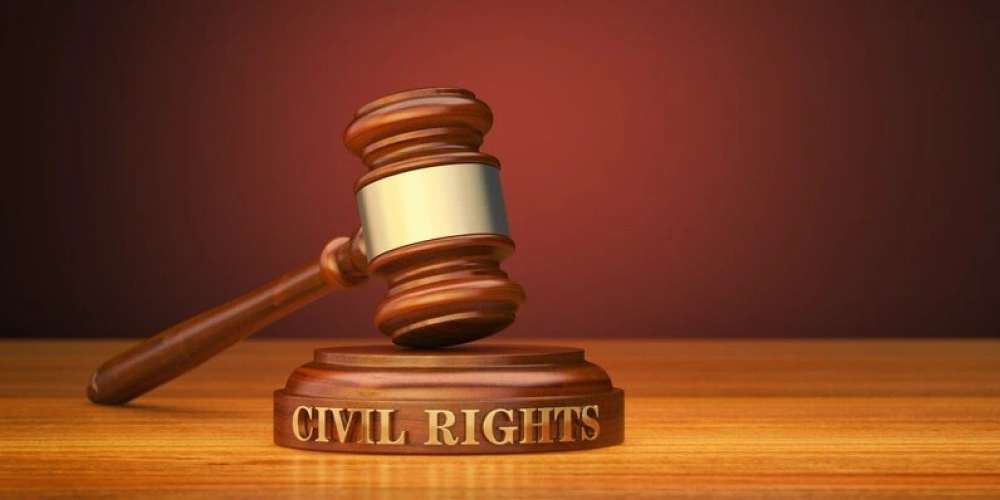

Understanding Civil Law and Tort Liability
22/10/2024 Steven Adams 968
Civil law encompasses a broad spectrum of legal principles and statutes that address disputes between individuals or entities. Within civil law, tort law specifically deals with situations where one party's actions or omissions result in harm to another, leading to claims for compensation.
Elements of a Tort Claim
In the realm of personal injury and property damage, tort claims typically involve the following elements:
-
Duty of Care: The concept that individuals and entities have a legal obligation to exercise reasonable care to avoid causing harm to others.
-
Breach of Duty: Occurs when a party fails to meet the standard of care expected under the circumstances, whether through negligence, recklessness, or intentional misconduct.
-
Causation: Establishing a direct link between the defendant's breach of duty and the harm suffered by the plaintiff.
-
Damages: Refers to the compensable harm or losses suffered by the plaintiff, which may include medical expenses, property damage, lost wages, pain and suffering, and emotional distress.
Types of Civil Claims for Personal Injury
Negligence
Negligence is one of the most common bases for personal injury claims. It involves the failure to exercise reasonable care, resulting in harm to another person. For instance, a driver who runs a red light and causes an accident may be held liable for the injuries and property damage inflicted on others involved in the collision.
Intentional Torts
Intentional torts occur when harm is inflicted purposefully or with knowledge that harm is likely to result. Examples include assault, battery, false imprisonment, and intentional infliction of emotional distress.
Strict Liability
In some cases, individuals or entities may be held strictly liable for certain actions or activities, regardless of fault or intent. This often applies in cases involving dangerous activities or products that cause harm, such as defective products or hazardous materials.
Protection Against Property Damage
Civil law also provides mechanisms to address property damage caused by others. Property damage claims typically involve scenarios where someone's negligent or intentional actions result in harm to another person's real or personal property. Examples include vandalism, accidents involving property, or damage caused during construction activities.
Legal Remedies and Compensation
When individuals suffer personal injury or property damage due to the actions of others, civil law offers various remedies to compensate for their losses. These may include:
-
Compensatory Damages: Designed to reimburse the injured party for actual losses incurred, such as medical expenses, property repair costs, and lost income.
-
Punitive Damages: In cases of egregious misconduct or intentional harm, punitive damages may be awarded to punish the wrongdoer and deter similar conduct in the future.
-
Injunctive Relief: In some instances, courts may issue injunctions to prevent further harm or require specific actions to remedy the situation.
Civil laws play a crucial role in protecting individuals from personal injury and property damage by providing legal avenues to seek compensation and justice. Whether through negligence claims, intentional torts, or strict liability principles, these laws establish standards of conduct and accountability within society. Understanding these legal frameworks empowers individuals to assert their rights and seek redress when harmed by the wrongful actions of others.
By navigating the complexities of civil law with a clear understanding of judicial terminology and legal principles, individuals can better protect their interests and uphold accountability in matters of personal injury and property damage.
Recent Blogs
Building a Diversified Inves ...
26/01/2025 1860
Integrating AI and Machine L ...
24/01/2025 1420
Health Insurance Regulations ...
22/01/2025 2482
Recognizing Signs of Mental ...
20/01/2025 2498
Understanding Employers' Leg ...
18/01/2025 1434
Trending Blogs
Interest Rates: How They Aff ...
20/06/2024 12742
Client Retention: Building S ...
20/06/2024 10786
Introduction to Common Law: ...
21/06/2024 9857
Common Types of Criminal Charges
02/03/2024 9020
Corporate Finance Law: Raisi ...
04/06/2024 8755











